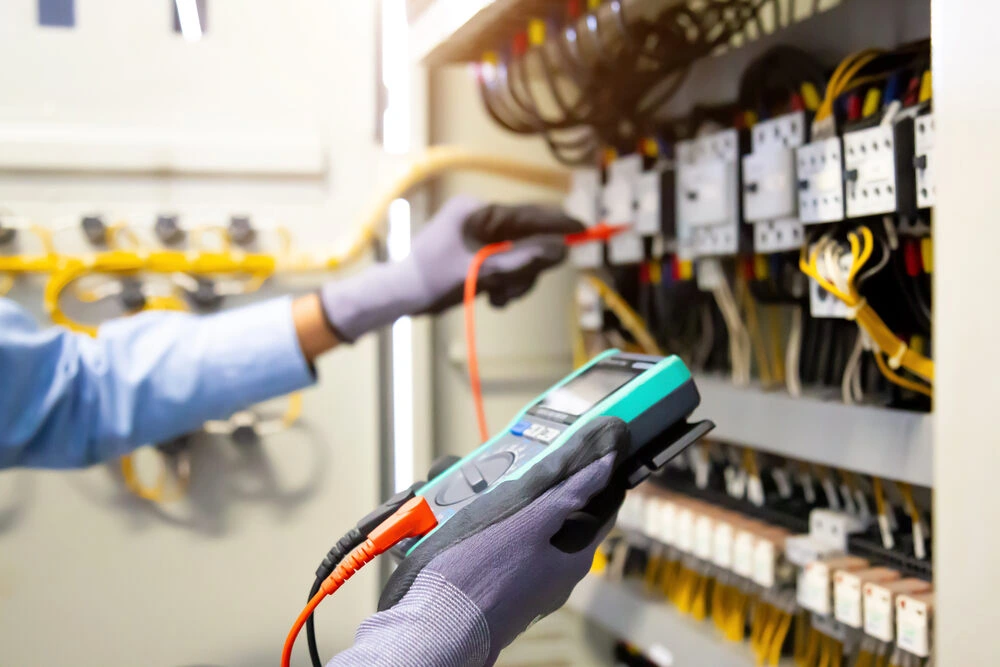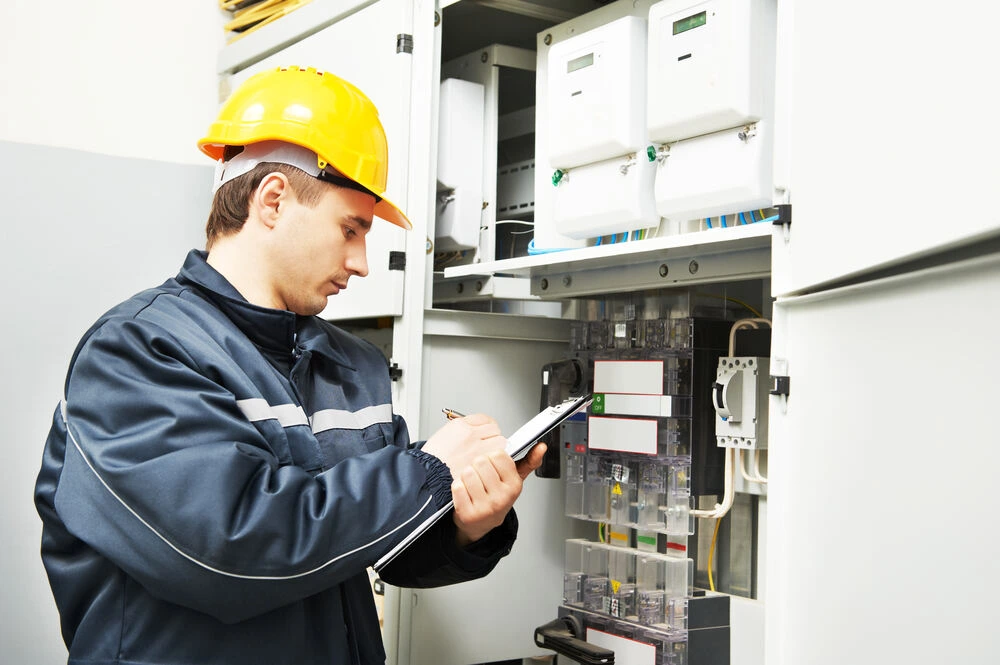Electrical inspections are crucial for ensuring the safety and efficiency of both residential and commercial properties. Whether you’re a homeowner, a business owner, or a property manager, understanding what an electrical inspection entails can help you maintain a safe environment and comply with regulations. At JMR Electric Group, we provide comprehensive electrical inspection services to help you identify and address potential issues. Here’s a detailed checklist to guide you through the process.
Why Electrical Inspections Are Important
Regular electrical inspections can prevent electrical hazards, ensure code compliance, and improve energy efficiency. They are essential for:
- Safety: Identifying potential fire hazards, faulty wiring, and outdated electrical systems.
- Compliance: Ensuring adherence to local electrical codes and regulations.
- Efficiency: Optimizing electrical systems for better performance and energy savings.
- Insurance: Regular inspections are required by many insurance policies in order to retain coverage.
Electrical Inspection Checklist
General Electrical System
- Service Panels
- Inspect for indications of wear, rust, or corrosion.
- Ensure all breakers and fuses are correctly labeled and functional.
- Verify that there are no double-tapped breakers (two wires connected to a single breaker).
- Inspect grounding and bonding to ensure they are properly connected.
- Wiring and Cabling
- Examine all wiring for signs of damage, fraying, or exposed wires.
- Ensure all junction boxes have covers and are securely fastened.
- Check for proper wire gauges corresponding to the circuit breaker ratings.
- Outlets and Switches
- Examine all outlets to ensure they are properly grounded and functioning correctly.
- Ensure GFCI (Ground Fault Circuit Interrupter) outlets are installed in kitchens, bathrooms, and outdoor areas.
- Check for loose or damaged outlets and switches and repair or replace as necessary.
Residential Specifics
- Smoke Detectors
- Verify that smoke detectors are installed in each bedroom, outside sleeping areas, and on every level of the home.
- Test each smoke detector to ensure it is functioning properly.
- Replace batteries or units if they are outdated or non-functional.
- Lighting
- Inspect all indoor and outdoor lighting fixtures for proper operation.
- Ensure that all light bulbs are the correct wattage and type for their fixtures.
- Check for proper installation and condition of all light switches and dimmers.
- Ceiling Fans
- Ensure ceiling fans are securely mounted and balanced.
- Verify that the fan operates at all speed settings and the light kit functions correctly.
- Smart Home Installations
- Check the integration and functionality of smart devices such as thermostats, security systems, and lighting controls.
- Verify that smart home systems are properly connected to the home’s electrical system.
Commercial Specifics
- Emergency Lighting and Exit Signs
- Ensure all emergency lighting and exit signs are operational and comply with local codes.
- Test battery backup systems to confirm they work in the event of a power outage.
- Electrical Panels and Subpanels
- Inspect all electrical panels and subpanels for proper labeling and organization.
- Ensure panels are easily accessible and not obstructed.
- HVAC Systems
- Check the electrical connections and wiring for heating, ventilation, and air conditioning systems.
- Verify that HVAC systems are properly grounded and bonded.
- EV Chargers
- Inspect the installation and operation of electric vehicle (EV) chargers.
- Ensure EV chargers are properly connected to the electrical system and meet all safety standards.

Additional Considerations
- Generators
- Verify that generators are correctly installed and connected to the electrical system.
- Test the operation of generators and transfer switches to ensure they function during power outages.
- Surge Protection
- Ensure that surge protectors are installed on main service panels and critical circuits.
- Test surge protection devices to verify they are functioning correctly.
- Electrical Inspections
- Regularly schedule professional electrical inspections to identify and address potential issues.
- Keep detailed records of all inspections, repairs, and upgrades.
Conclusion
Regular electrical inspections are vital for maintaining the safety, efficiency, and compliance of your property’s electrical systems. By following this checklist, you can identify potential problems and ensure that your residential or commercial building meets all necessary standards.
At JMR Electric Group, we specialize in comprehensive electrical inspections and a wide range of electrical services, including generators, EV chargers, lighting, electrical panels, wiring, smoke detector services, ceiling fans, smart home installations, and more. Our team of experienced electricians is dedicated to ensuring your property is safe and efficient.
For more information or to schedule an electrical inspection, contact JMR Electric Group today. Our experts are here to help you with all your electrical needs, ensuring peace of mind and optimal performance of your electrical systems.
Understanding and implementing a thorough electrical inspection checklist is essential for the safety and efficiency of your property. With JMR Electric Group’s expertise, you can ensure that all aspects of your electrical system are properly maintained and compliant with regulations. Don’t wait until a problem arises—schedule your inspection today and take the first step toward a safer, more efficient property.

